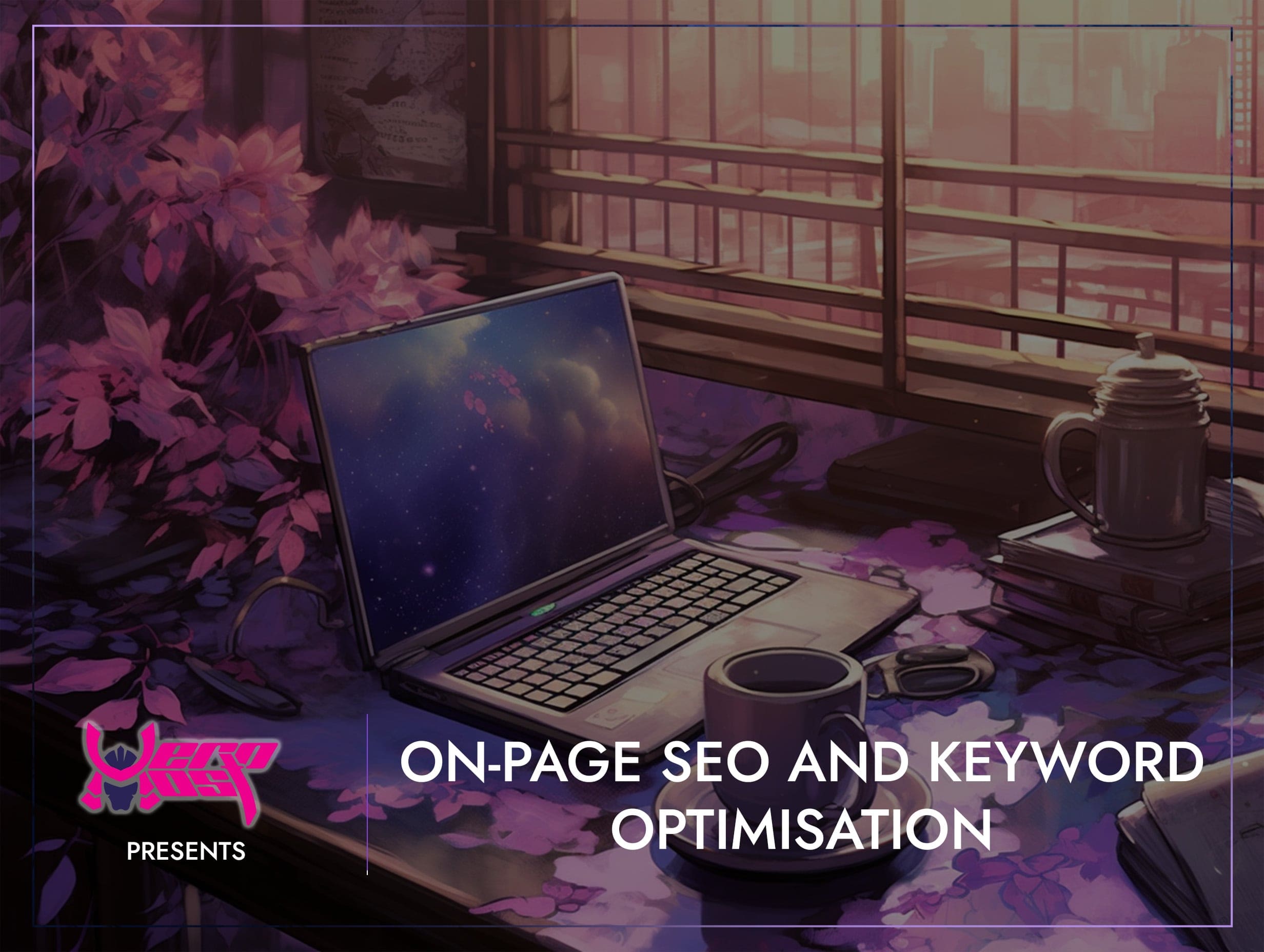The Benefits and Best Practices of SEO
- Home
- Search Engine Optimisation (SEO)
- The Benefits and Best Practices of SEO

- Mikey Ryu
- December 8, 2023
- 0
The Benefits and Best Practices of SEO
In the vast landscape of digital marketing, Search Engine Optimisation (SEO) stands as a linchpin for businesses seeking to enhance their online visibility and reach their target audience effectively. The benefits of SEO extend beyond just improving rankings; it plays a pivotal role in shaping the overall online presence and success of a brand. Let’s explore the key benefits of SEO and delve into the best practices that can propel your website to the top of search engine results.
Benefits of SEO:
Increased Visibility and Traffic:
At its core, SEO is about making your website more visible to search engines. By optimising your site’s structure, content, and meta tags, you increase the likelihood of appearing in relevant search results. This heightened visibility translates into increased organic traffic, as users are more likely to click on results that appear on the first page of search engine results.
Enhanced User Experience:
SEO is not just about pleasing search engines; it’s also about creating a positive experience for users. A well-optimised website is likely to load faster, have a clear structure, and provide valuable content. These factors contribute to an enhanced user experience, keeping visitors on your site longer and reducing bounce rates.
Credibility and Trust:
Websites that appear at the top of search results are often perceived as more credible and trustworthy by users. The authority bestowed by a high search ranking can positively impact how users perceive your brand. Building trust is a crucial element of attracting and retaining customers, and SEO plays a significant role in achieving this.
Cost-Effectiveness:
Compared to paid advertising, SEO is a cost-effective strategy for driving traffic to your website. While paid methods can deliver quick results, the cost can accumulate over time. In contrast, organic traffic generated through SEO requires an upfront investment but can yield sustainable and long-term results without the recurring costs associated with paid advertising.
Targeted Marketing:
SEO allows you to target specific keywords and phrases relevant to your business. This targeted approach ensures that your website is visible to users actively searching for products or services you offer. By aligning your content with user intent, you attract visitors who are more likely to convert into customers.
Best Practices of SEO:
Keyword Research and Optimisation:
Start by researching relevant keywords that align with your business and industry. Incorporate these keywords naturally into your content, meta titles, and descriptions. Strive for a balance between keyword optimisation and maintaining high-quality, readable content.
Quality Content Creation:
Content is the backbone of SEO. Create high-quality, informative, and engaging content that addresses the needs and questions of your target audience. Regularly update your content to reflect changes in your industry and to stay relevant in search engine algorithms.
Optimise On-Page Elements:
Ensure that on-page elements such as titles, meta descriptions, headers, and image alt text are optimized for both search engines and users. These elements provide context and relevancy signals to search engines, helping them understand the content and purpose of your pages.
Mobile-Friendly Design:
With the increasing use of mobile devices, a mobile-friendly website is essential for SEO success. Google prioritises mobile-responsive websites, and a positive mobile experience contributes to higher rankings. Optimise your site for various devices and screen sizes to cater to a diverse audience.
Backlink Building:
Acquiring quality backlinks from reputable websites is a fundamental aspect of SEO. These backlinks act as endorsements, signalling to search engines that your content is valuable and trustworthy. Focus on building natural, high-quality backlinks through partnerships, guest blogging, and content promotion.
Page Speed Optimisation:
Page speed is a critical factor for both user experience and SEO. Slow-loading pages can lead to high bounce rates and negatively impact rankings. Optimise images, leverage browser caching and invest in reliable hosting to ensure your website loads quickly across devices.
Regular Monitoring and Analysis:
SEO is an ongoing process that requires constant monitoring and analysis. Use tools like Google Analytics and Google Search Console to track website performance, identify areas for improvement, and stay informed about changes in search engine algorithms.
Conclusion:
In the dynamic world of digital marketing, SEO remains an indispensable tool for businesses striving to establish a robust online presence. The benefits of SEO extend beyond rankings, influencing user experience, credibility, and overall digital success. By adhering to best practices, businesses can harness the full power of SEO to attract targeted traffic, build trust with their audience, and achieve sustainable growth in the competitive online landscape.
Search
Categorys
- Branding (12)
- Business Growth Guides (3)
- Business Insights (3)
- Content Marketing (43)
- Domain Authority (19)
- Email Marketing (28)
- Google Analytics & Search Console (5)
- Hack or Not (2)
- Hero Host News (0)
- Inbound Marketing (32)
- Lessons From Asia (40)
- Marketing Guides (11)
- Martial Arts Journey (14)
- Outbound Marketing (8)
- Search Engine Optimisation (SEO) (41)
- Social Media Marketing (38)
- Web Design (20)
- Website Hosting (4)
- Wordpress (2)






